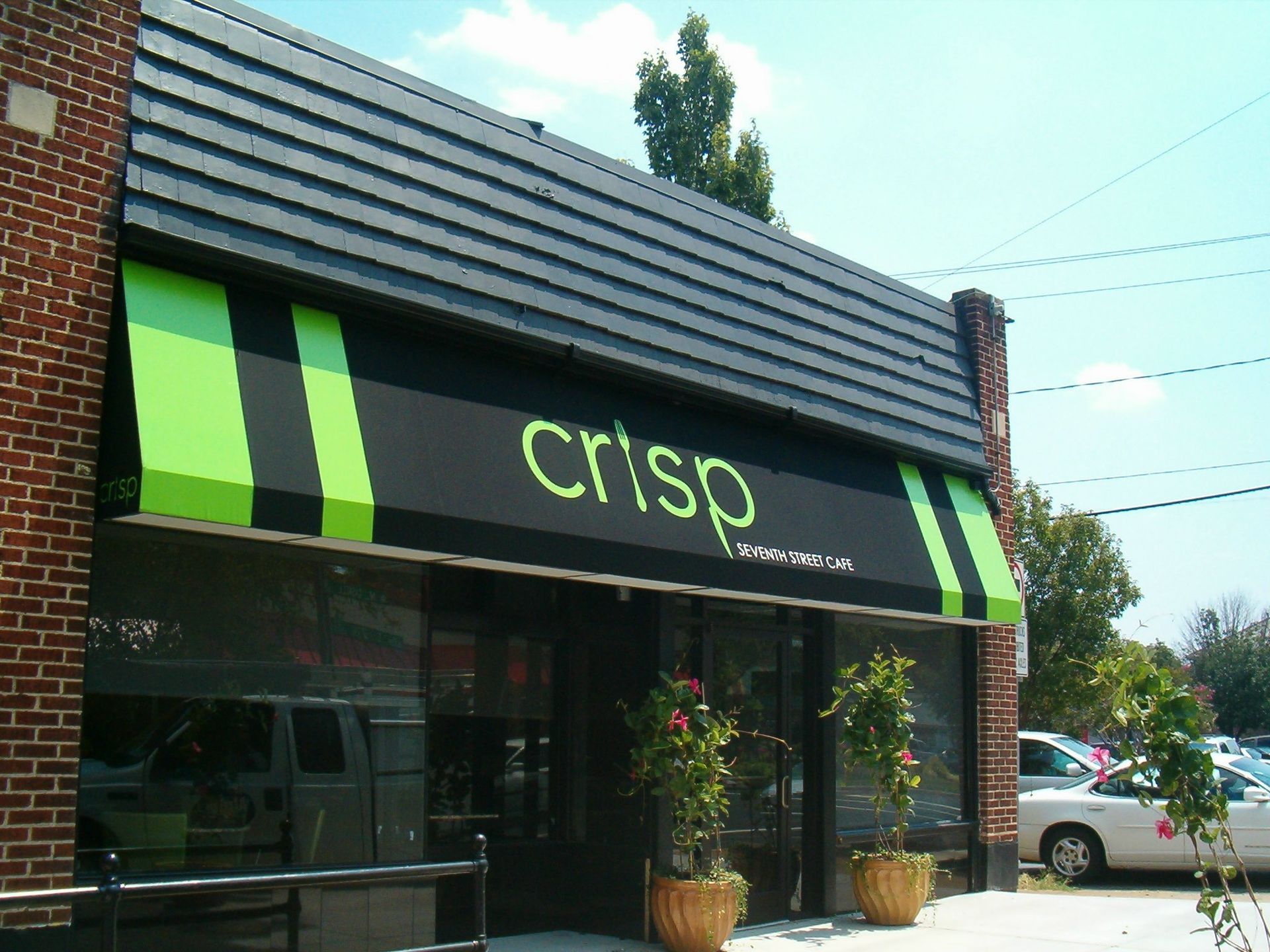Customized Pest Control Solutions
When it comes to pest control, one size does not fit all. In the future, the trend is moving towards a more individualized approach to pest problems. This means that pest control companies will tailor their solutions to the specific needs of each customer and their unique pest issues. This approach not only makes the treatment more effective but also more environmentally friendly.
Technology and Innovation
Advancements in technology and innovation are driving the future of pest control. From automated monitoring systems to predictive analytics, pest control companies are harnessing the power of data and technology to proactively address pest issues. This allows for early detection of pest problems and the implementation of targeted solutions, reducing the need for widespread pesticide use.
Additionally, the use of green technology and eco-friendly products is on the rise, providing non-toxic alternatives to traditional pest control methods. As awareness of environmental impact continues to grow, the demand for sustainable pest control solutions will only increase.
Integrated Pest Management
Integrated Pest Management (IPM) is a holistic approach that combines multiple methods to minimize pest activity. This includes cultural, biological, and physical control tactics, in addition to the careful use of pesticides when necessary. The future of pest control will see an increased adoption of IPM practices, as it offers long-term pest prevention and reduced reliance on chemical treatments.
Furthermore, IPM focuses on identifying the root cause of pest issues, rather than just treating the symptoms. By addressing the underlying conditions that attract pests, such as food sources and entry points, pest control efforts become more sustainable and effective.
Educating and Empowering Customers
One of the future challenges and opportunities in pest control is the need to educate and empower customers. As the industry shifts towards individualized pest problem approaches, there is a greater emphasis on proactive pest management by homeowners and businesses. Pest control companies will play a crucial role in providing customers with the knowledge and tools to prevent and address pest issues before they escalate.
This may involve training and guidance on understanding pest behavior, implementing preventative measures, and recognizing early signs of infestations. By fostering a collaborative relationship between pest control professionals and customers, the future of pest control can be more sustainable and community-oriented.
Sustainable and Ethical Practices
Looking ahead, pest control companies will need to embrace sustainable and ethical practices to meet the evolving needs of the market. This includes transparency in product usage, responsible disposal of waste, and a commitment to minimizing environmental impact. The future of pest control lies in aligning business practices with ethical standards and environmental stewardship.
Furthermore, integrating ethical considerations into pest control operations, such as humane wildlife management and pollinator protection, will become increasingly important. As consumers prioritize companies with ethical and sustainable practices, pest control businesses that embody these values will thrive in the future market.
In conclusion, the future of pest control will be characterized by a shift towards individualized solutions, driven by technology, sustainability, and customer empowerment. By embracing these trends and challenges, the pest control industry can shape a future that is effective, environmentally conscious, and community-focused. Wish to know more about the topic? General Pest Control Https://aardvarkpestpro.com, a supplementary external resource we’ve put together for you.
To supplement your reading, check out the related posts we’ve chosen:


